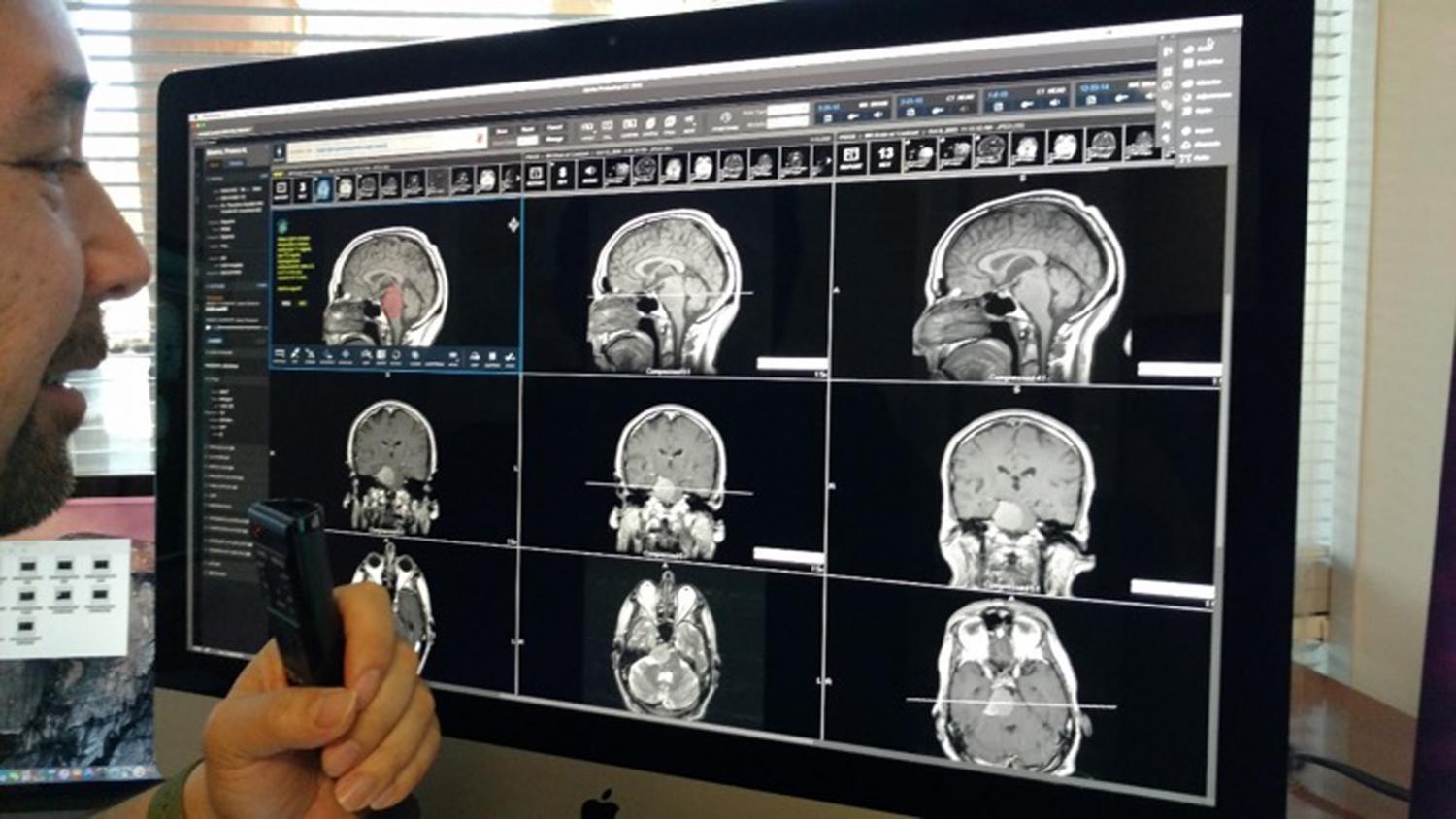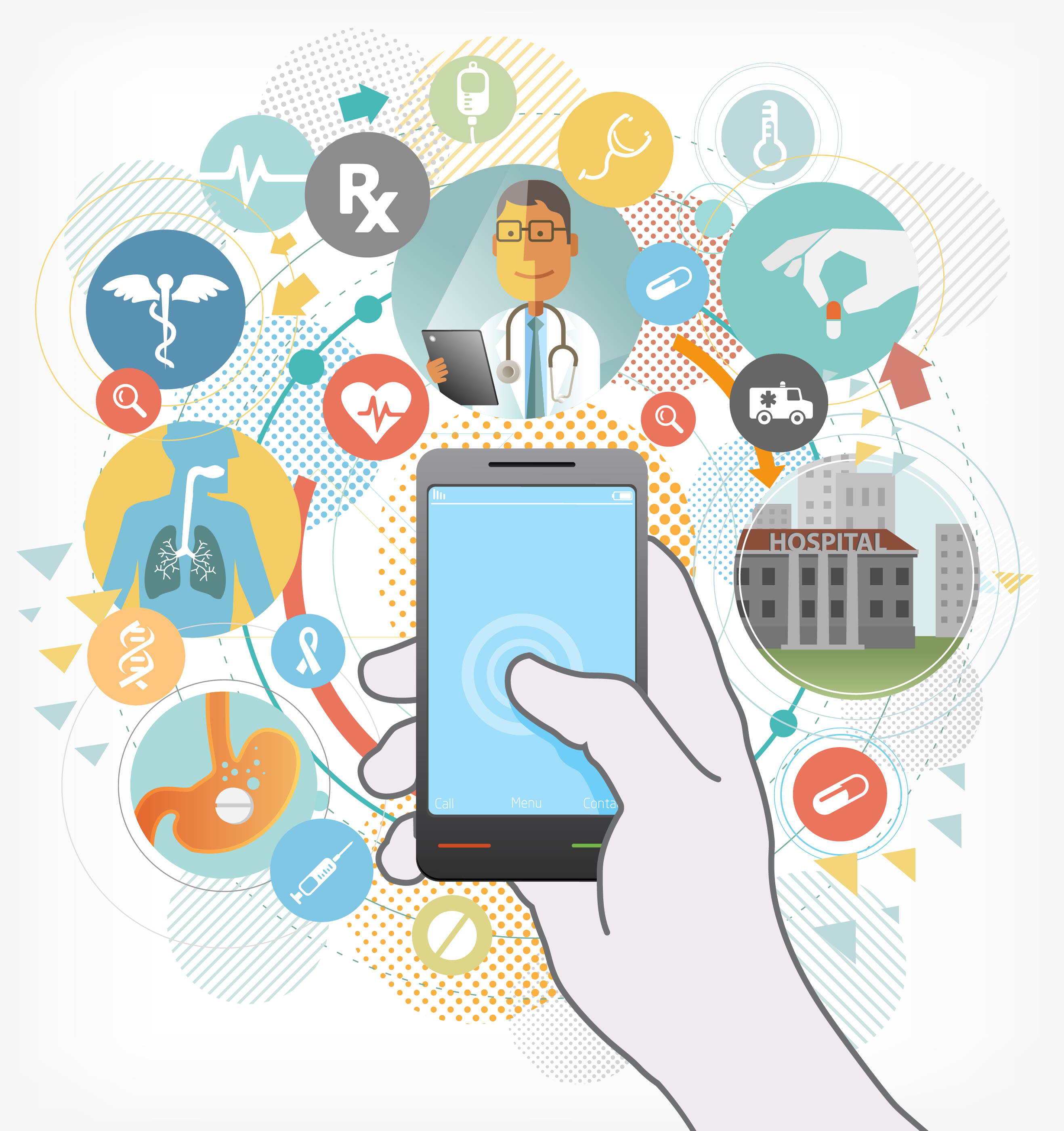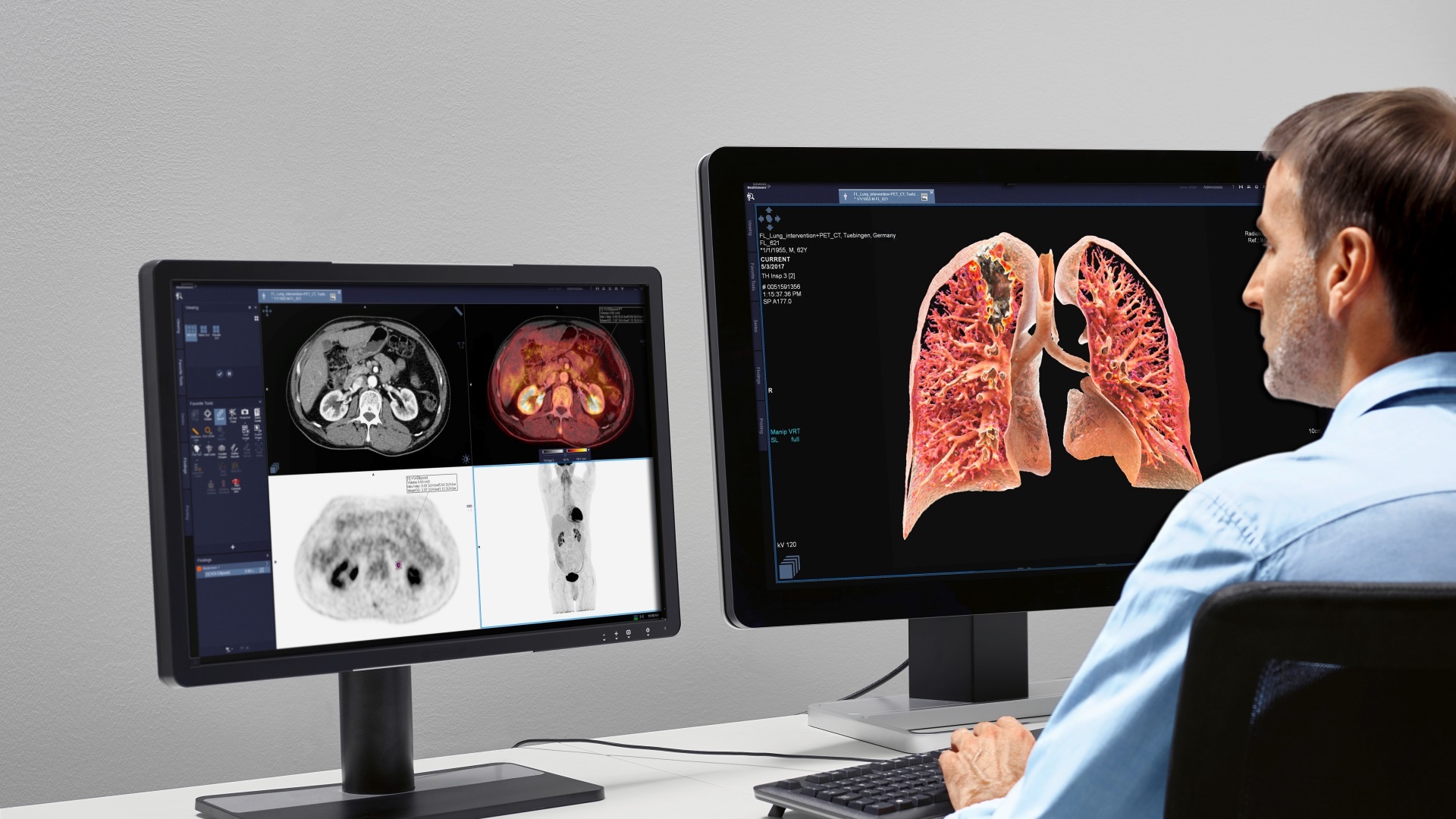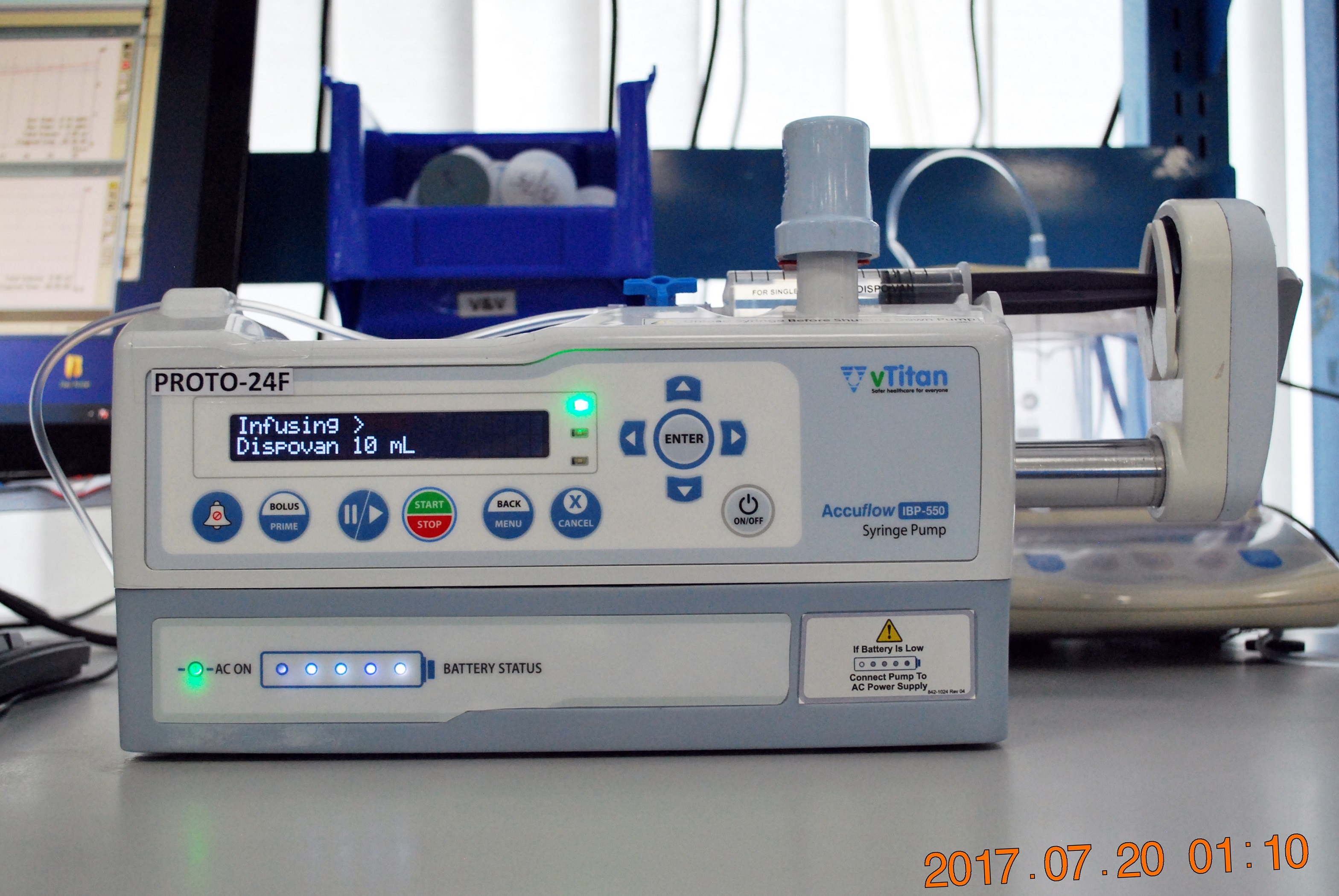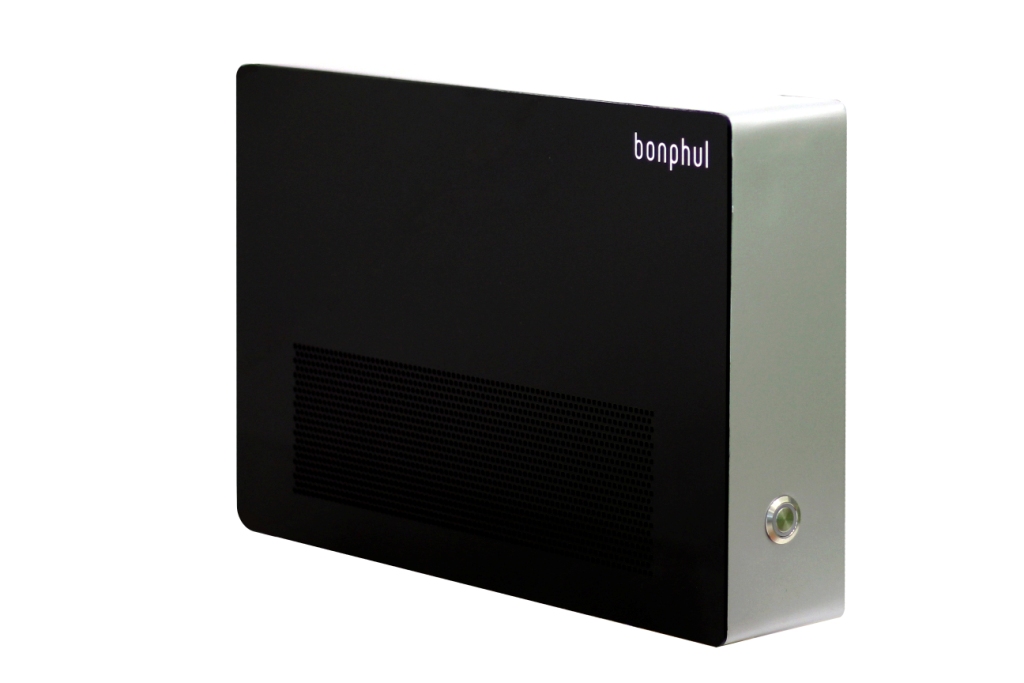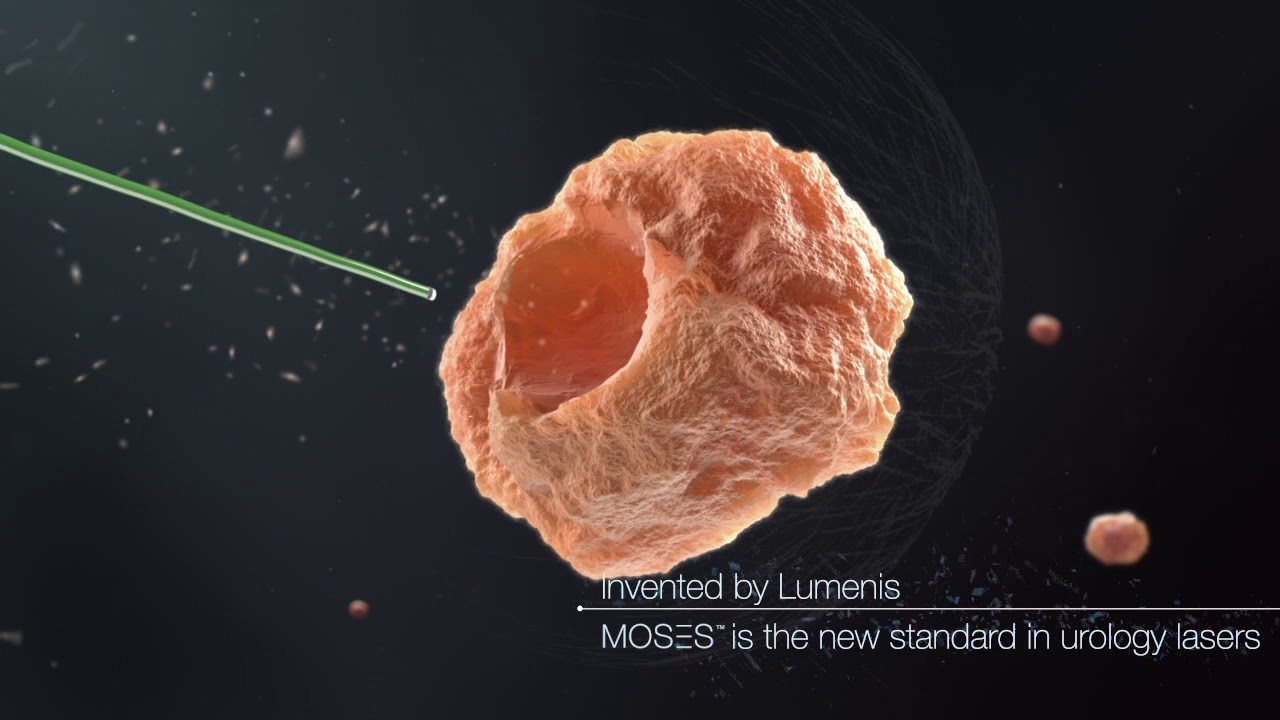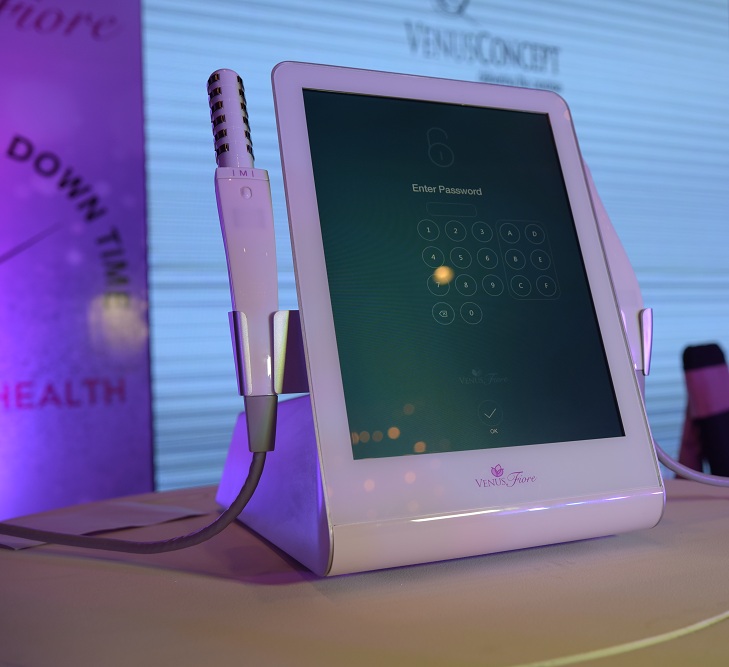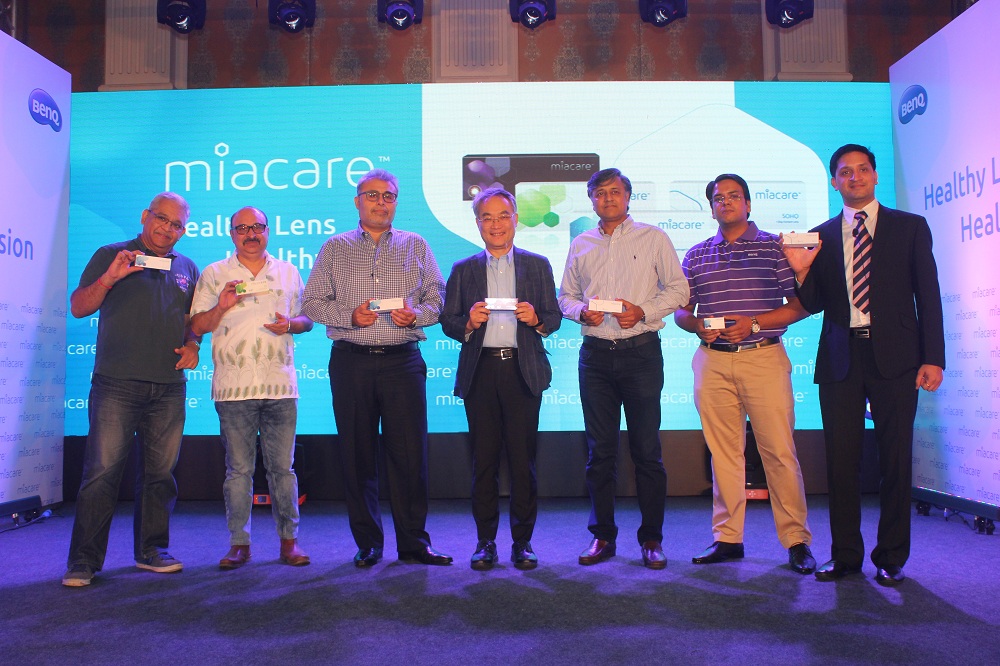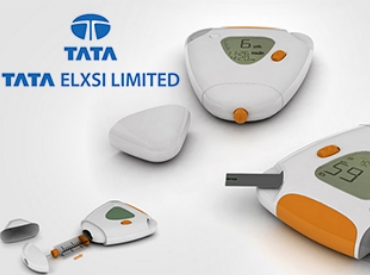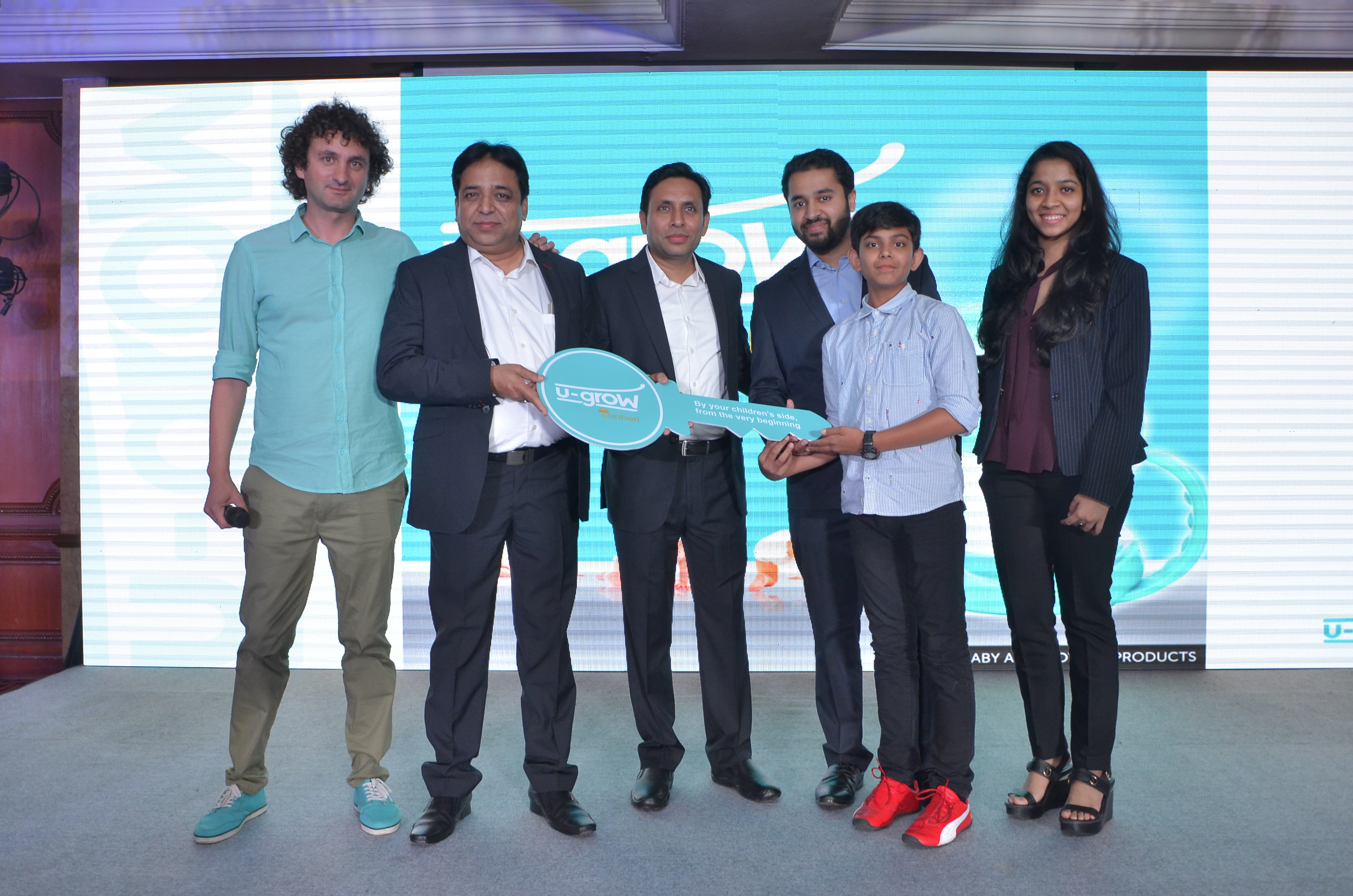GE Healthcare, a leading provider of healthcare information technology solutions, announced a vendor-independent educational program, designed specifically for biomedical and technical professionals, to enhance their knowledge of IT concepts for healthcare. GE’s new Healthcare IT curriculum identifies core IT skills critical to servicing and supporting today’s integrated and networked medical devices. Biomeds today face many challenges as their industry evolves, with device connectivity becoming as important as the device itself. The Healthcare IT curriculum is unique in that GE breaks out of the product-training box, offering an educational program that supports the entire biomedical community, regardless of equipment or vendor choice. GE has identified the healthcare-related IT skills that biomeds need to quickly diagnose problems that affect workflow and quality patient care. “Our vision is to build knowledge and competencies across the healthcare industry, which is why we took the core skills related to healthcare and incorporated them into a comprehensive program suitable for any biomed,” said Michael Reed, manager of GE Healthcare’s Global Education for Clinical Systems Service. “Biomeds know that equipment issues must be resolved quickly because patients’ lives can depend on it. Having the IT knowledge to differentiate an equipment issue from an IT issue, and taking the appropriate action, saves time, and can positively impact patient care.” The rapid emergence of networked healthcare demands that biomeds acquire new skills in areas in which they typically have not played a part. Biomeds understand the differences between life-critical patient information workflow and mission-critical healthcare enterprise workflow. Among the challenges facing them is where they fit in this cycle of support. Hands-on experience with IT networks and IT concepts gives biomeds the tools they need to work and communicate effectively with their IT departments. “One advantage of having a company like GE develop this program is that, unlike IT courses taught in a technical environment, the difference between mission-critical and life-critical information is clearly understood,” added Reed. “Additional courses will be added to this program to cover all IT-related topics that impact healthcare and today’s biomed.” The foundation course in the program, Essentials of Healthcare IT, explores the fundamentals of connectivity. Hands-on labs let students build and troubleshoot flat, switched, routed and wireless networks, using actual equipment, not simulations. Essentials of Healthcare IT is a pre-requisite for the Healthcare IT curriculum. The newest courses in the program, “Wireless in the Healthcare IT Environment” and “Securing the Healthcare IT Environment,” can be taken in any order after “Essentials of Healthcare IT.” “Wireless in the Healthcare Environment” addresses the unique challenges of wireless patient monitoring, exploring WiFi and WMTS, as well as RF propagation and frequencies for specific healthcare services. “Securing the Healthcare IT Environment” covers the handling of sensitive patient information due to HIPAA regulations. It looks closely at the hospital’s infrastructure, as well as the ECRI/ACCE model for risk assessment. Common healthcare network attacks and countermeasures to protect the hospital network are included. The benefits of the Healthcare IT curriculum include increased IT skills, better-informed decisions, faster repair, and improved communications with the IT department. The hospital benefits from reduced equipment downtime, improved workflow, more accurate diagnosis of problems, all resulting in improved patient care.

Be a part of Elets Collaborative Initiatives. Join Us for Upcoming Events and explore business opportunities. Like us on Facebook , connect with us on LinkedIn and follow us on Twitter , Instagram.


